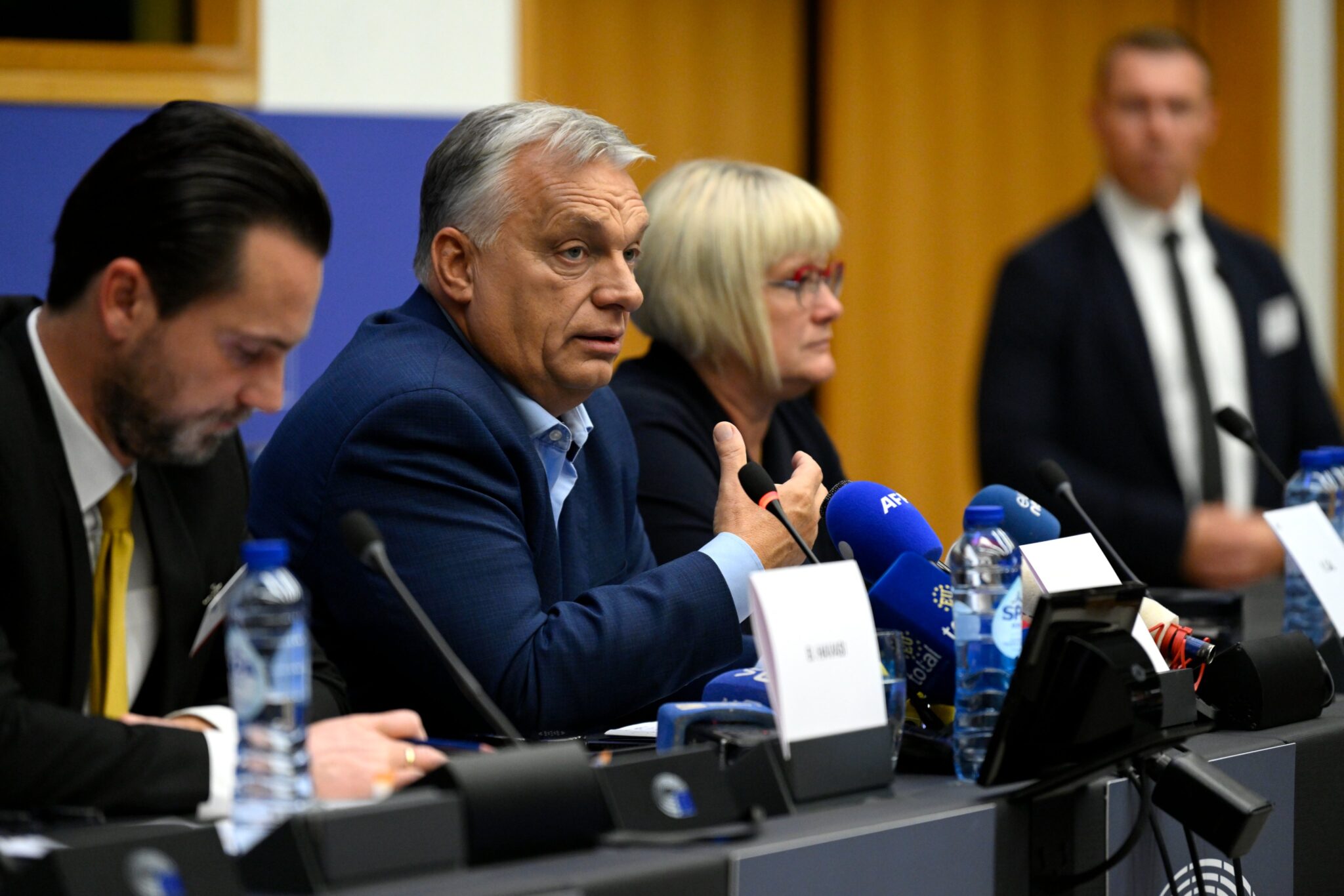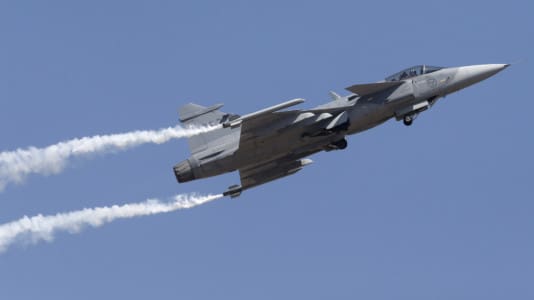Hungarian Prime Minister Viktor Orbán held a press conference in Strasbourg on Tuesday, outlining Hungary’s priorities for its current presidency of the Council of the European Union.
In the long-awaited address, delayed last month due to the recent mass flooding across central Europe, the Hungarian leader revealed his country’s presidency of the European Council comes at a time of significant global and regional challenges.
It is the second time Hungary has held the presidency, and Orbán reflected on the challenges for Europe during the first stint back in 2011.
“It was a hard presidency; the financial crisis was raging, and the Arab Spring had erupted, creating tremendous uncertainty,” he emphasized, noting that today’s challenges are even more serious: “A war is raging in Ukraine, serious conflicts continue in the Middle East, and migration has reached levels not seen since 2015.”
He warned that the European Union is “rapidly losing its competitiveness” in an increasingly globalized market, and cited former European Central Bank President Mario Draghi and French President Emmanuel Macron, who have both recently expressed concerns over Europe’s declining influence on the global stage.
“If we do not change, Europe will enter a slow agony. That is why we are here, to be the midwives of this change,” Orbán said.
The Hungarian leader outlined three main issues he wanted to address during his country’s six-month term at the helm of the Council: improving Europe’s economic competitiveness, tackling mass migration, and reforming its foreign policy in relation to defense and EU enlargement.
He called for the creation of a European Competitiveness Pact to reduce regulatory burdens, ensure affordable energy, and strengthen the EU single market.
“We need a Europe that works better, that can stand up to competition with the U.S. and China. We need a new European Competitiveness Pact,” Orbán said, inviting EU leaders to a summit in Budapest on Nov. 8 to explore the proposal.
On migration, Orbán reiterated Hungary’s unapologetic opposition to mass immigration and his government’s commitment to strong borders.
“We want migration to stop at the border,” he stated, recalling plans previously aired by Hungary for asylum outposts where applications can be managed before asylum seekers enter the bloc. The suggestion has previously been knocked back by Brussels, which claims it is unlawful. However, more recently, EU member states have begun to agree upon bilateral deals with third countries to adopt such an approach, like Italy with Albania, for example.
“The current asylum system is broken,” Orbán said, adding that “illegal migration has increased violence and social tensions across Europe.”
Orbán also spoke about defense and the importance of integrating the Western Balkans into the EU. “Without Serbia, there is no enlargement,” he said, stressing that Serbia’s inclusion was crucial to the future success of the bloc. He also called for the development of a European defense industry to protect the continent’s security interests.
The press conference was briefly interrupted by a protester who stormed the table where Orbán was sitting and asked him, “How much did you betray your country for, Mr. Prime Minister?”
The activist, later identified as Márton Gyekiczki, a member of the opposition Democratic Coalition’s youth wing, was detained by security guards on hand.
The incident was dismissed by the Hungarian leader who responded by saying, “This is not uncommon in Hungarian politics,” before continuing his address.
On the ongoing conflict in Ukraine, Orbán repeated his government’s view that the war cannot be resolved militarily and insisted on an immediate ceasefire and peace talks.
“This war cannot be won on the battlefield,” he warned, noting that his view is in the minority across the European Union but that with time he hopes it will become mainstream.
“We need negotiations, and we need them now,” he added.
Lastly, despite calls by his critics for Hungary to withdraw from the European Union if it disagrees so much with the bloc’s direction of travel, Orbán remained defiant.
“We believe in Europe, we believe in the European Union. We want to keep this for the future, and that’s why we want to change it, not destroy it,” he said.
His comments echo similar remarks made over the weekend during Orbán’s visit to Italy where he attended a solidarity event for Italian Deputy Prime Minister Matteo Salvini, who is facing considerable prison time for refusing to allow migrant boats to dock during his time as interior minister.
“We don’t have to withdraw from Brussels, we have to enter it. Brussels must be occupied and given back to the European people,” Orbán said during Sunday’s event in the northern Italian town of Pontida.
Orbán’s appearance in Strasbourg comes less than a week after the European Commission announced it was taking legal action against Hungary over a controversial law that imposes jail terms on organizations accepting foreign funds for political activities.
The Hungarian prime minister will make a formal address to the European Parliament on Wednesday.






